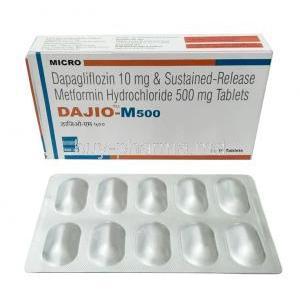Amlodipine
Uses
Amlodipine is used in the treatment of hypertension (high blood pressure), Amlodipine can help lower blood pressure in patients suffering from hypertension.
How it Works
Amlodipine is also known as calcium channel blockers or calcium ion antagonists, Amlodipine works in the body by widening the blood vessels, mwhich makes it easier for the heart to pump blood around the body and help increase the supply of blood and oxygen to the heart. Amlodipine as Calcium channel blockers do not change the amount of calcium in your blood or bones. Amlodipine works by blocking the amount of calcium that goes into the 'smooth' muscle cells in the walls of the arteries and in the heart. Calcium is needed for muscles to contract, so reducing the amount of calcium causes the muscle cells to relax, allowing more smoother blood flow and directly treating hypertension
Common Side effects
Patients who take Amlodipine may suffer from such side effects;
Fatigue,
Sleepiness,
Flushing (sense of warmth in the face, ears, neck),
Headache,
Ankle swelling,
Nausea,
Dizziness,
Palpitations,
Edema,
Abdominal pain
Indapamide
Uses
Indapamide is used in fluid retention (edema), heart failure, hypertension and kidney stone.
How it Works
Indapamide works by eliminating excess fluids from the body, which then helps to reduce hypertension. Indapamide also works by widening or dilating blood vessels. By widening the blood vessels, Indapamide reduces the pressure inside the blood vessels and over time this leads to a lowering of high blood pressure.
Common Side effects
Patients who take Indapamide may suffer from such side effects;
Headache,
Dizziness,
Lightheadedness,
Tingling sensations,
Nervousness,
Agitation,
Blurry vision,
Unusual heartbeat,
Impotence,
Dehydration,
Hypokalemia,
Hypomagnesemia,
Loss of sodium
Perindopril
Uses
Perindopril is used in the treatment of hypertension , heart failure, heart attack and diabetic kidney disease.
How it Works
Perindopril is known as an angiotensin-converting enzyme (ACE) inhibitor. Perindopril works by relaxing blood vessels. This then helps to lower blood pressure.
Common Side effects
Patients who take Perindopril may suffer from such side effects;
Decreased blood pressure,
Cough,
Fatigue,
Weakness,
Dizziness,
Increased potassium level in blood,
Renal impairment















